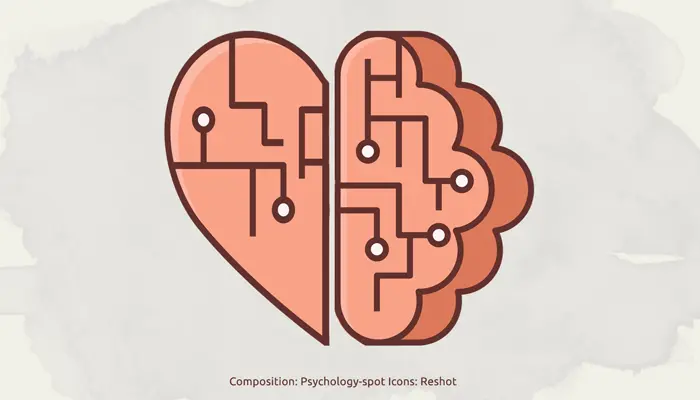
Emotional Intelligence is a more reliable indicator of professional success than the Intellectual Quotient, as well as the level of happiness and the emotional balance with which we face adversity. Therefore, it is not strange that more and more people are asking how to be emotionally intelligent.
What is Emotional Intelligence?
Emotional Intelligence is the ability to understand and manage emotions, both your own and those of the others. It should not be understood as the triumph of the heart over the brain, but rather as a point of intersection between emotions and reason in which each emotion and argument is pondered.
“Education is the ability to listen to almost anything without losing your temper or your self-confidence”, said Robert Frost. Unfortunately, this concept is often left at a theoretical level because those who wish to develop Emotional Intelligence do not find a well-defined path that allows them to grow. These three questions can serve as a starting point to be more emotionally intelligent.
Being more emotionally intelligent: From introspection to practice
- What are the differences between how you see yourself and how the others see you?
The first step for being more emotionally intelligent is to improve self-perception; that is, to develop a more accurate image of yourself, which involves comparing your self-image with the image that you project and the others perceive.
Being aware of how you express yourself and knowing what impact your attitudes, words and behaviors have on the others is an essential component of Emotional Intelligence. You can think, for example, that you are a sympathetic person, but maybe those around you do not see you that way. In that case there is a dissonance.
The problem is that if you are not aware of the image that you transmit, you will not be able to identify the characteristics that you need to change to improve your Emotional Intelligence. If you think you are a good speaker, but it is not, you will not do anything to improve.
That means that you need to open yourself to feedback and that it is not convenient for you to get on defensive when someone criticizes you. Compare the image you have of yourself with the image that effectively reaches the others.
- What is important for you?
The fact that you take into account the opinions of the others about you does not mean that you must renounce o your essence to fulfill their expectations. In fact, one of the pillars of Emotional Intelligence is self-confidence.
That means that you must listen to those around you, but you also must be clear about your objectives. Where are you going? How do you see yourself in the future? What do you like about yourself and what do you want to change? What characteristics do you need to reinforce to achieve your goals?
Never lose the sight of the fact that being emotionally intelligent does not mean satisfying the others, but also feeling good about yourself. Therefore, any change must start from the different self-knowledge levels and the desire to improve as a person, not from the desire to please the others.
For example, if they tell you that you are not a very understanding person, instead of assuming those words as an attack in dissonance with the image you have of yourself, take a step back, assume a psychological distance and ask yourself if it really is that way. Then, ask yourself how important it is for you to develop understanding and empathy and how they can help you achieve your goals. The idea is that you find an intrinsic motivation to sustain that change.
- What changes do you need to do to achieve your goals?
Many people reach this point of the road without daring to take the next step. However, any reflection is useless if it does not give way to change, which means that you must get down to work.
Once you have determined what skills you need to develop, you must identify the specific actions to implement. If you want to become a more understanding person, for example, you can ask yourself to speak a little less and listen more, pay more attention to the reactions of your interlocutor and try to put yourself in his place before making a judgment.
Establishing a series of specific actions is what will allow you to be more emotionally intelligent. Then, it is about taking advantage of every opportunity to put that skill into practice, as this will train your brain to respond more comprehensively to the different situations. Each time you do it, you will be reinforcing the connections of empathy. Little by little you will discover that it will be more natural for you to behave in a comprehensive manner and you will not have to work so hard.
These three simple questions will help you establish your roadmap to be emotionally intelligent, according to your goals and priorities in life.



